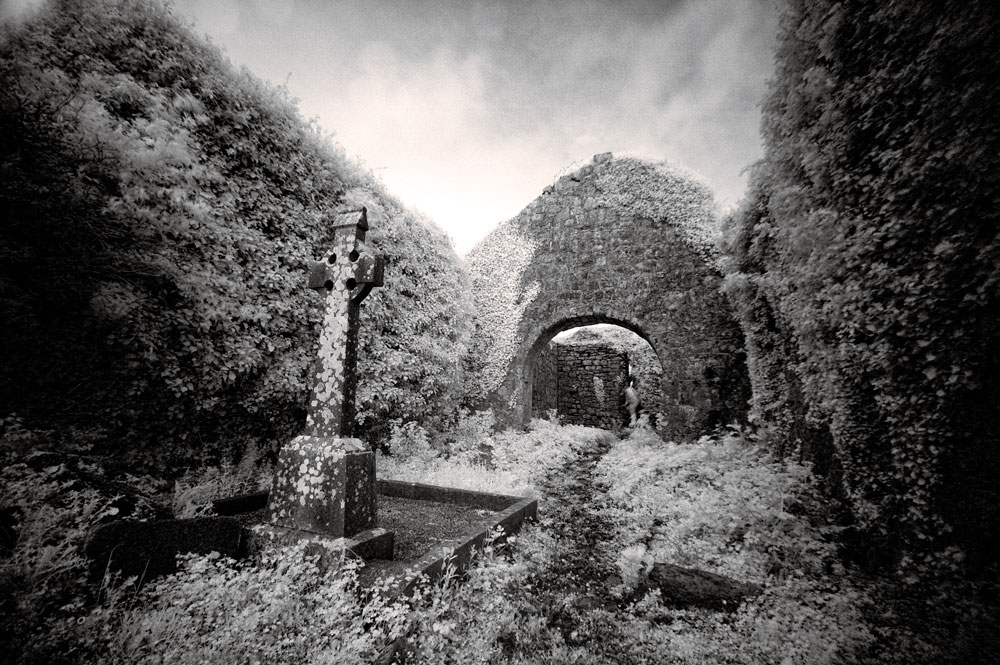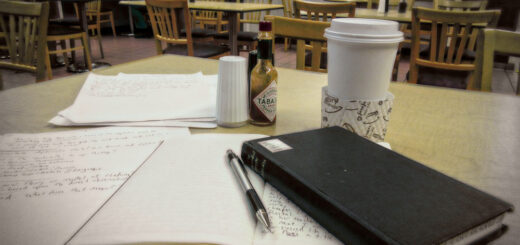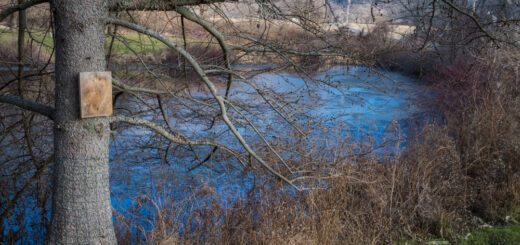Moral Courage
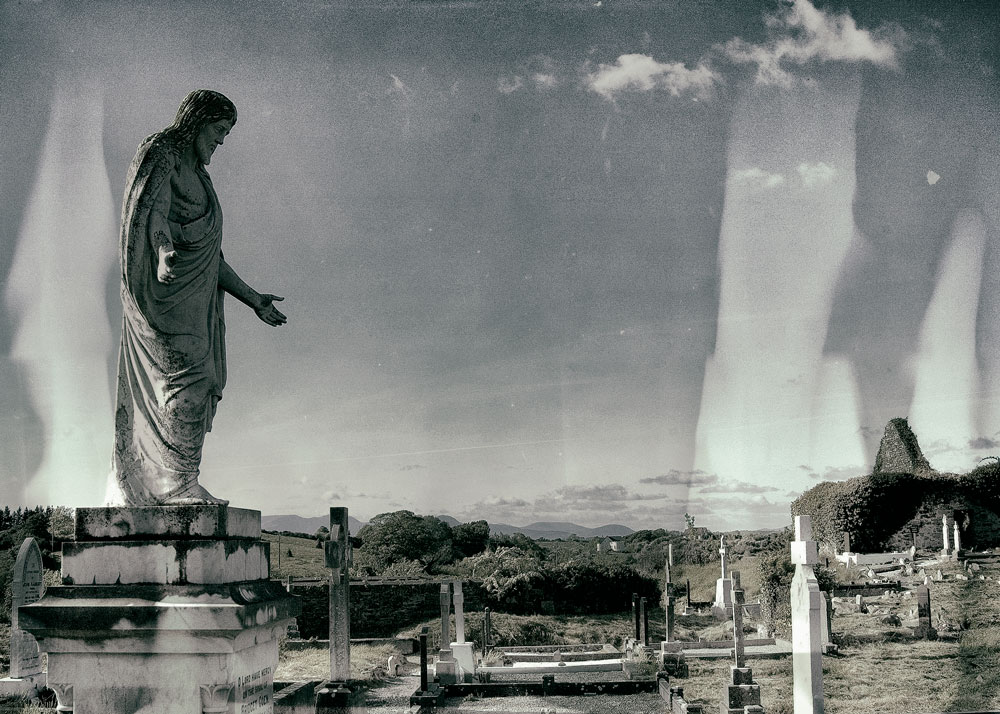 On a long-ago summer morning, I found myself sitting on a bench in Eyre Square in the City of Galway, Ireland. Looking back on it now, I can see my youthful self as the green ghost it was. I was eating my breakfast—a chunk of brown bread and a pint of milk—catching up on the news in the Irish Times. It all cost less than a pound at a corner shop. Close by to where I sat was a statue of the writer Pádraic Ó Conaire. Few people were about. The workday had not yet begun. I was hoping to enjoy a little peace and quiet along with my breakfast.
On a long-ago summer morning, I found myself sitting on a bench in Eyre Square in the City of Galway, Ireland. Looking back on it now, I can see my youthful self as the green ghost it was. I was eating my breakfast—a chunk of brown bread and a pint of milk—catching up on the news in the Irish Times. It all cost less than a pound at a corner shop. Close by to where I sat was a statue of the writer Pádraic Ó Conaire. Few people were about. The workday had not yet begun. I was hoping to enjoy a little peace and quiet along with my breakfast.
A scruffy old man approached, seemingly out of nowhere. He gave the appearance of sleeping rough, as they say. The look on his face said he wanted to have a word. I was hoping it was with the statue and not with me.
“Good morning,” he said to me, not the statue. I looked up from my Irish Times. I said hello.
The old man got right to the point. “I had a bit of bad luck last night. Could you spare a few shillings?”
At that moment in my life, I was barely old enough to remember what shillings looked like, much less have any on me. I gave the old man 50p instead. He thanked me and took his leave. I went back to my breakfast and newspaper.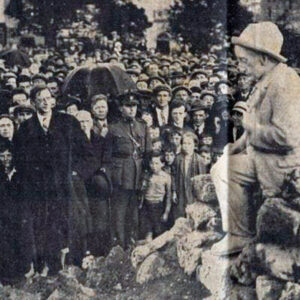
Not five minutes passed before another scruffy old man—remarkably similar in appearance to the first—approached.
“Good morning,” the new old man said, again to me and not to the statue. I looked up from my Irish Times. I said hello.
“What’s in the news this morning?” he asked.
“Same old thing,” I said.
“Oh, it never changes, now does it? Sometimes a body would think he’d be better off if he couldn’t read altogether. Don’t you think so?”
“I dunno,” I said. “A body would still have ears and would still hear all the news going around. It’s hard to avoid.”
“People look to the news for all manner of thing, don’t you think so? Now I myself, I don’t care for the news. All I’m looking for is the price of a drink. That’s all, the price of a true drink. Have you a few shillings to spare? That’s all I ask, a few shillings.”
Again with the shillings. I must have looked older than my years. I gave him 60p, the last of my change. He was happy with that. Then I asked him if he’d like some bread. A big mistake.
“You offer me food!” he roared. “Everyone offers me food! Look around this square, will you! All the free meals a body could want, right here! Walk into any restaurant you see and talk to the manager. Tell him your tale of woe. Doubt me not, you’ll get a free meal!”
He paused to look at the loaf of bread on my lap and scowled. Then he resumed.
“A whole bag of sandwiches, if that’s what you want! Bags and bags of them! Nobody starves in this country, not anymore. But a body would die, I tell you, die of thirst, a body like myself.”
Again he paused, scowled, then resumed.
“Milk! I see your pint of milk! Now, if you were to go down to where I live”—he gestured vaguely in the direction of the bay—“you could walk in and tell them your tale of woe and come out with two pints of milk, three pints, or as many as you could drink—for nothing. Nothing, I tell you! All free! But a drink, the kind of drink a body is looking for, a true drink—a body would fade away before ever seeing one of those served up for nothing. But that’s what I do—I look long and hard for what I truly want, not what you think I want. I know a thing or two about moral courage.”
Another pause. Another scowl. He stared me in the eye.
“You paid money for that bread and milk and newspaper, didn’t you? If you had the moral courage to ask people for what you want—what you truly want—you could get yourself a true meal. For free! But no, you sit there all paid for, eating your bread and drinking your milk and reading your newspaper while I go about the square asking for help to get a true drink. Now, good day at you.”
©John P. O’Grady
Originally appeared in The Mountain Eagle on October 23, 2020
